Director: Lee Jong-Suk
Writer: Choi Sung-Hyun
Cast: Son Ye-Jin, Hyun-Bin, Kim Sang-Ho, Jang Young-Nam, Jang Gwang, Lee Moon-Sik
Running Time: 114 min.
By Paul Bramhall
In the Korean film industry, Son Ye-jin is known as the Queen of Melodrama, and Hyun Bin the Rom-Com King. However the movie that’s brought them both together is (perhaps mercifully) neither a melodrama nor a romantic comedy, with The Negotiation instead being a thriller that owes a nod or two to the 1998 Hollywood flick The Negotiator. However, that was 20 years ago, and in today’s fast paced world of social media and fake news, it’s understandable that first time director Lee Jong-seok thought the premise was ripe for a revisit.
In fairness, despite their prominent reputations, it’s fair to say that both Son Ye-jin and Hyun Bin’s nicknames were largely based on their output from the beginning of the Korean Wave, predominantly during the early to mid-00’s. Hyun in particular has been branching out of rom-com territory in recent years, with a stellar turn in the 2016 action comedy Confidential Assignment, playing a North Korean agent. While his subsequent roles in The Swindlers and Rampant are indicative that perhaps he should find a new agent, he can’t be faulted for making the effort to branch out into different genres. Likewise for Ye-jin, and while she’s ensured her crown is protected with recent roles in the unexpected hit Be with You (also from 2018) and The Last Princess, her turns in the likes of The Truth Beneath (one of the best Korean movies of the last 10 years) and Pirates have shown another side to her talents.
For many fans, both of Korean cinema and the K-drama scene, the opportunity to see them onscreen together was a welcome one. So we have the first of The Negotiation’s long list of problems, in that much like Jang Dong-gun and Kim Min-hee suffered the same fate in No Tears for the Dead, their actual screentime together amounts to a few minutes at most. That’s not to say Jong-seok doesn’t start proceedings off promisingly. The opening scene introduces us to Ye-jin’s ace negotiator, who’s been called to a hostage situation in the middle of a blind date, which has a couple of Filipino crooks holding a man and woman at knife point in their home. Cue stilted English dialogue delivery (in a throwaway line, it’s mentioned that Ye-jin’s character transferred from the US), generic music that builds to a climax every few seconds, and a trigger happy SWAT team, whose actions result in both hostages being killed.
Skip to just over a week later, and despite her efforts to resign over the traumatic event, Ye-jin finds her downtime short lived thanks to an enthusiastic visit by her colleague (played by Kim Sang-ho, who now takes all the roles Oh Dal-soo used to be offered, before he got embroiled in the #metoo scandal) who informs her she’s been summoned by the commissioner. Whisked off to an undisclosed location, she’s soon thrust into a room filled with flashy monitors, and people in suits busying themselves pacing back and forth. With barely so much as an explanation, an incoming video call has her ushered in front of one such monitor, where she finds herself facing Hyun, playing an orphan cum lollipop sucking UK citizen cum arms dealer (yes you read that right), who’s taken a journalist and Ha’s superior hostage in Bangkok, Thailand. So begins the point when The Negotiation begins to play out exactly as it says on the tin.
I’m sure the plentiful scenes that The Negotiation fills itself to the brim with, involving Ye-jin talking to Hyun on a monitor, could have had some tension wrung out of them in the hands of a more experienced director. However Jong-seok, an assistant director on Ode to My Father (and co-director on Prachya Pinkaew’s Thai co-production The Kick), films everything with all the excitement of watching paint dry. The constantly crescendoing soundtrack, usually accompanied by insignificant characters tensely staring at monitors, is laughable rather than nail biting, and the chemistry between Ye-jin and Hyun is non-existent. We’re supposed to believe they build a rapport together, and there’s even a suggested undercurrent of sexual tension, but it’s all filmed in such a bland and pedestrian manner that it’s impossible to be invested in.
Instead, we’re left with the hook of finding out why Hyun has took it upon himself to take Ye-jin’s superior and a Bangkok based Korean journalist as hostages. You get a distinct feeling while watching The Negotiation that both Hyun and Ye-jin are doing their best with what they’ve been given to work with, however no matter how committed they are to their performances, the setup is primed for the audience to lose interest as quickly as possible. Hyun’s scenes consist of him either (a) pulling up a chair to sit on and face the camera, (b) fiddling around with his gun in what I assume is supposed to make us feel tense, or (c) both at the same time. Meanwhile, Ye-jin is simply left to sit there in the monitor filled base she’s been placed in, watching Hyun on the screen and interacting with him as best she can.
In fairness, I’m sure the behind the scenes footage of The Negotiation will reveal stuff like how they got a real negotiator to oversee the script and filming, or something along those lines. I don’t doubt the authenticity of the exchanges that take place (at least initially – the more it goes on the more preposterous it becomes), however such realism doesn’t necessarily translate into an engaging cinematic language, and combined with the uninspired direction, The Negotiation quickly becomes a chore to get through. As the stakes rise so does the lack of plausibility, with revelations such as Hyun having more hostages than we initially thought, feeling more like desperate scripting rather than smart plotting.
The plot, on paper at least, does make for a decent premise. After locating the whereabouts of Hyun, the Korean Special Forces launch an operation to rescue the hostages and take him out, which they’ll need 14 hours to do. Ye-jin’s task, if she can’t negotiate an agreement herself, is to keep him talking for the 14 hours needed for the rescue unit to arrive. Onscreen however, the scenes with the Special Forces unit come across as forced and out of place, with the loud mouthed military style barking begging the question of if they thought they were in a different movie all together.
As expected, the number of tense looking officials surrounding Ye-jin’s interactions ensure that The Negotiation’s big reveal is also its biggest non-surprise. Korea has been running with the theme of how figures of authority can’t be trusted for a while now, so for the truth to involve several of those in power being involved in a cover-up comes with all the impact of being slapped by a wet leaf. The further the plot gets into the revelations of what’s really going on, the further it appears to confuse itself with how the audience should be feeling towards Hyun’s hostage taker. Despite the fact that he commits cold blooded murder and doesn’t think twice about pointing a loaded gun to the head of a small child, there are times when it feels like Jong-seok wants us to sympathise with Hyun, for what often feels like no other reason than, well, it’s Hyun Bin!
The direction also becomes increasingly indecisive as it progresses, throwing in random lines that hint at significance but ultimately mean nothing (the line about Ye-jin working in the US being a classic example), and implying potentially interesting skillsets, that are touched upon for a few seconds then never seen again. An example of this comes when Ye-jin brings in her two colleagues to assist with the negotiation, and while one of them is watching events unfold onscreen, he throws out a random comment that Hyun is feeling apprehensive. Presumably he’s a body language expert, but the comment is given no further explanation or logic beyond the few seconds it takes to speak, resulting in a severe case of furrowed brow.
More so than anything onscreen, the biggest crime in The Negotiation’s is the one it commits against itself, which is to be overwhelmingly bland and uninteresting. It kind of feels like one of those straight to video Hollywood thrillers, the type that feature A-list stars from yesteryear clocking in for a pay cheque. The material is beneath both the talents of Son Ye-jin and Hyun Bin, and their commitment to their roles only makes the pedestrian nature of everything else stand out 10 times more. With a dull plot, flat comedy, and paper thin characters, the only real plus is that Jong-seok’s debut needn’t do much to negotiate its way out of my memory.
Paul Bramhall’s Rating: 3/10

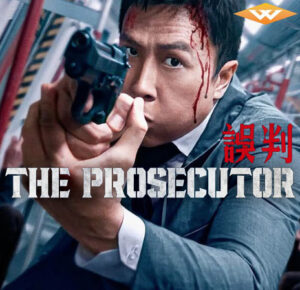
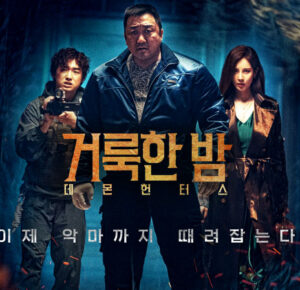
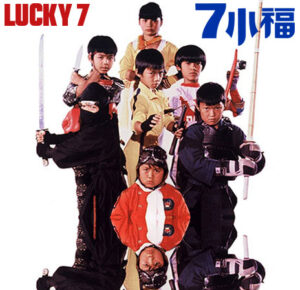
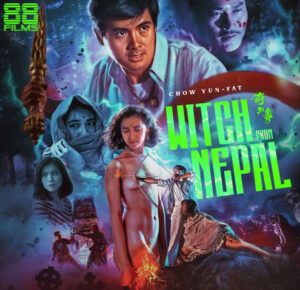
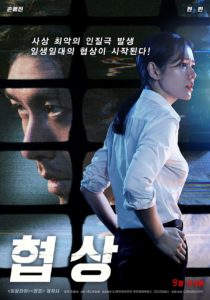

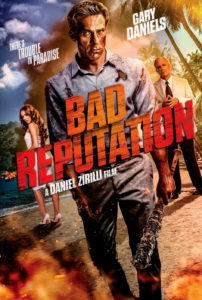
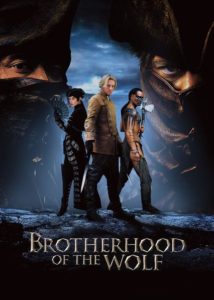
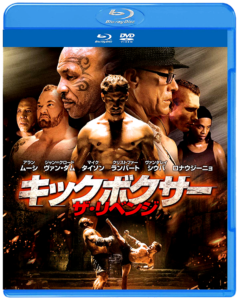
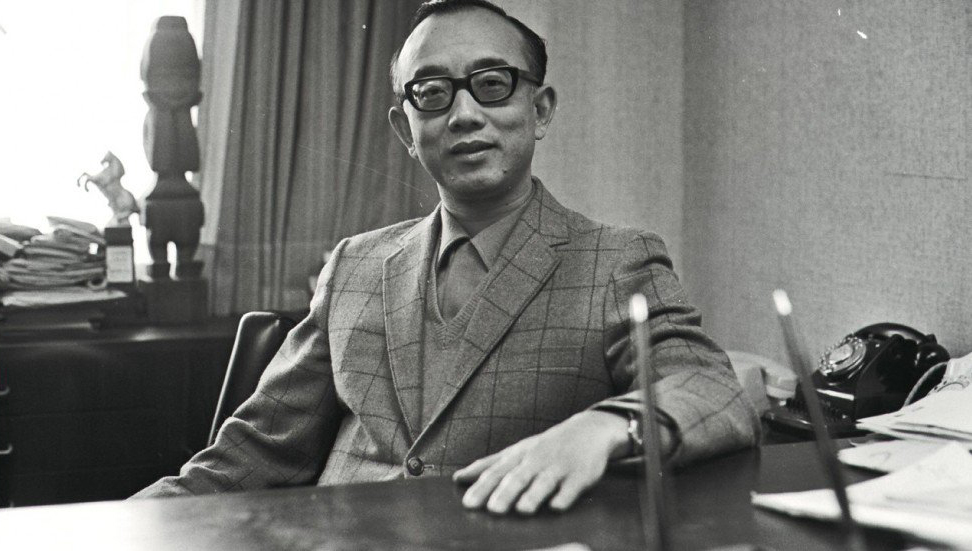

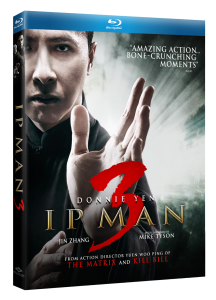
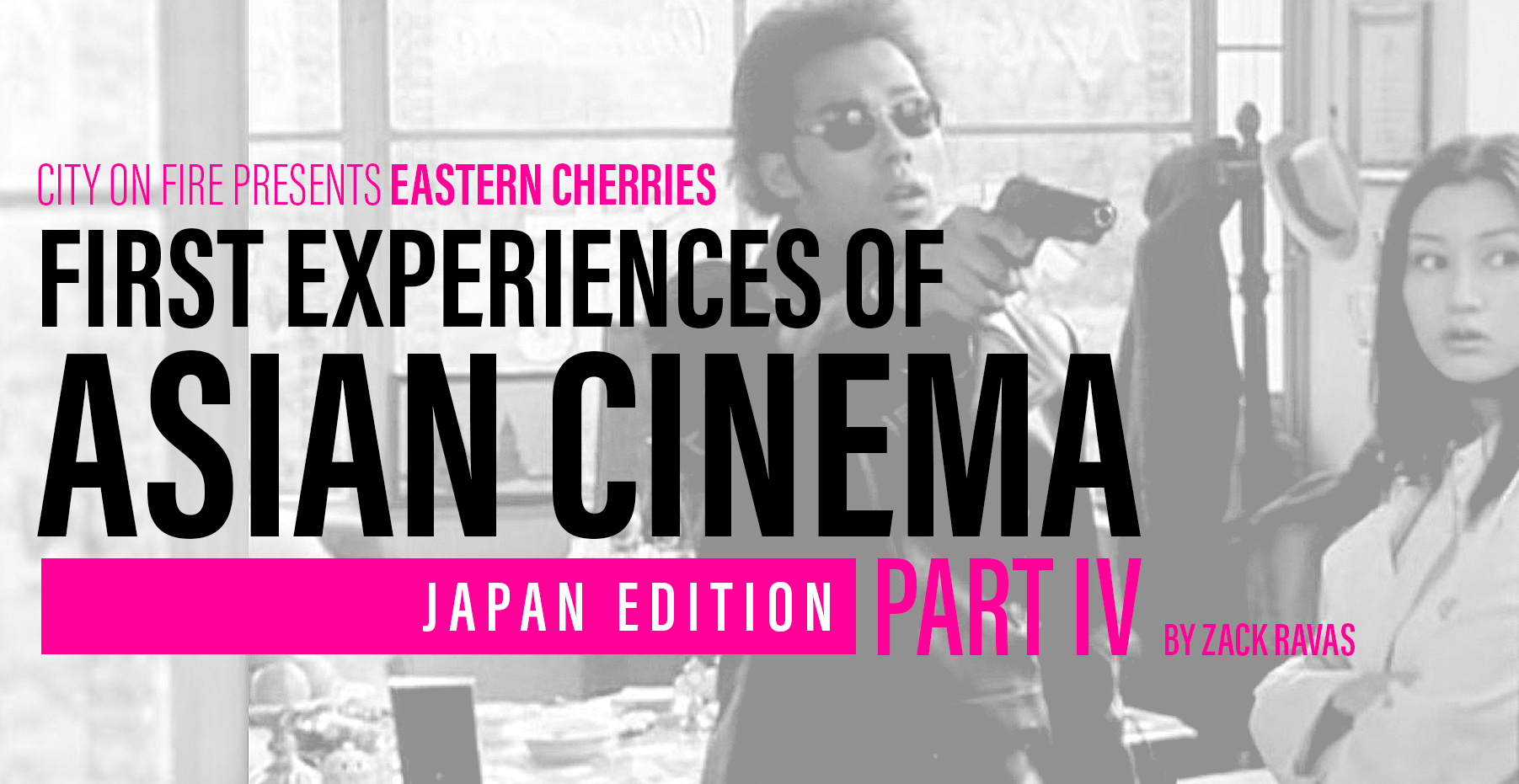

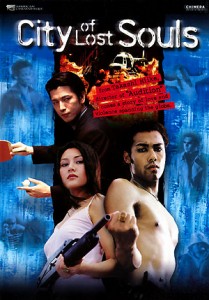


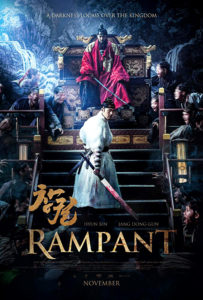
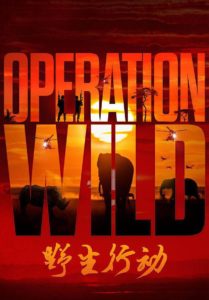





4 Comments